Home / Handy Tips /
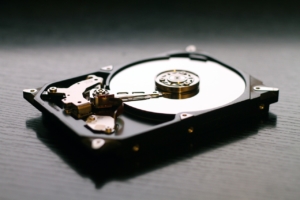 Within about 5 years, your hard drive will break. There’s no stopping it. When exactly depends on how you use your computer, the storage capacity of the hard drive, and a few other key factors.
Within about 5 years, your hard drive will break. There’s no stopping it. When exactly depends on how you use your computer, the storage capacity of the hard drive, and a few other key factors.
In this article, we’ll look at the function of a hard drive, how long it will last, and the common physical and data-related issues you might face.
Before we get started, keep in mind that the only way to protect your files and photos from a catastrophic hard drive breakdown is to back them up. So please, if you do not already have a comprehensive backup system in place, set one up or get in contact with our computer maintenance team can do it for you.
The Function of a Hard Drive
A hard drive is the physical place where a computer’s files, photos, music, applications, etc. are stored. This is not the same as the computer’s memory. Computer memory translates into processing power – the power a computer needs to perform tasks. Our technicians can show you the difference during a computer setup.
A hard drive is like a filing cabinet. It’s where you store things that you need, but might not be using right now. It has a set capacity, and when one file is removed, there is room for another.
Like a cluttered and disorganised filing cabinet, a full hard drive makes accessing files and programs frustratingly slow. If you dropped a filing cabinet into the ocean, all of your files would be gone for good. Same goes for a hard drive.
How Long Will My Hard Drive Last?
As we mentioned above, the average lifespan of a hard drive is about five years. If not taken care of, a hard drive might breakdown after three years or less.
There are a number of factors that influence how long your hard drive will last, including:
- Hard drive capacity. As a general rule, the bigger the capacity the longer it will last. We suggest purchasing a computer with a hard drive big enough to last you five years.
- Physical hard drive issues, such as dropping your computer.
- Non-physical data issues, such as computer viruses.
Let’s have a look at the last two in more detail.
Physical Hard Drive Issues
Hard drives are sensitive technological equipment built to sit flat on a desk with minimal disruption and maximum ventilation.
When a computer is dropped, jolted, tossed, or subjected to any impact, the hard drive suffers.
What’s more, you should always make sure the air vents/fan on your computer are uncovered and clear to cool your device. An overheated computer can lead to hard drive failure. Keep this in mind when using your laptop on your lap, and in bed, where soft furnishings, like blankets, can cover up the vents.
Non-physical hard drive issues
In addition to physical issues, data-related issues can kill a hard drive and delete all of your precious files.
Viruses, worms, and other malware can slow down a hard drive and compromise its ability to save and retrieve files. Eventually, the hard drive will break completely.
The best way to avoid non-physical hard drive failures is to act quickly. Malware removal needs to happen as soon as possible (or call in our experienced technicians to do it for you), and your data will be safe.
Help! My Hard Drive Stopped Working
If you have backed up your data, a hard drive failure isn’t the end of the world. If you haven’t however, you could face some serious issues.
We offer data recovery services that can retrieve lost files, photos, and documents in the event of a hard drive breakdown. Talk to our team of computer repair technicians today to learn more. Call on 1300 553 166 or fill out the form on this page, and we’ll get back to you.

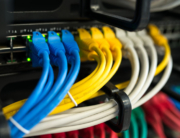
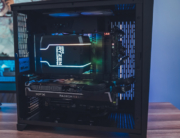
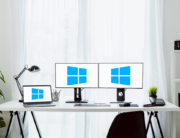

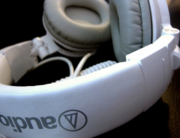
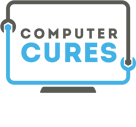
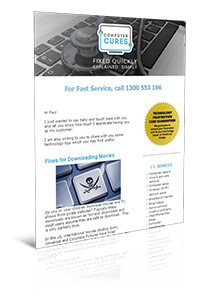
Leave A Comment